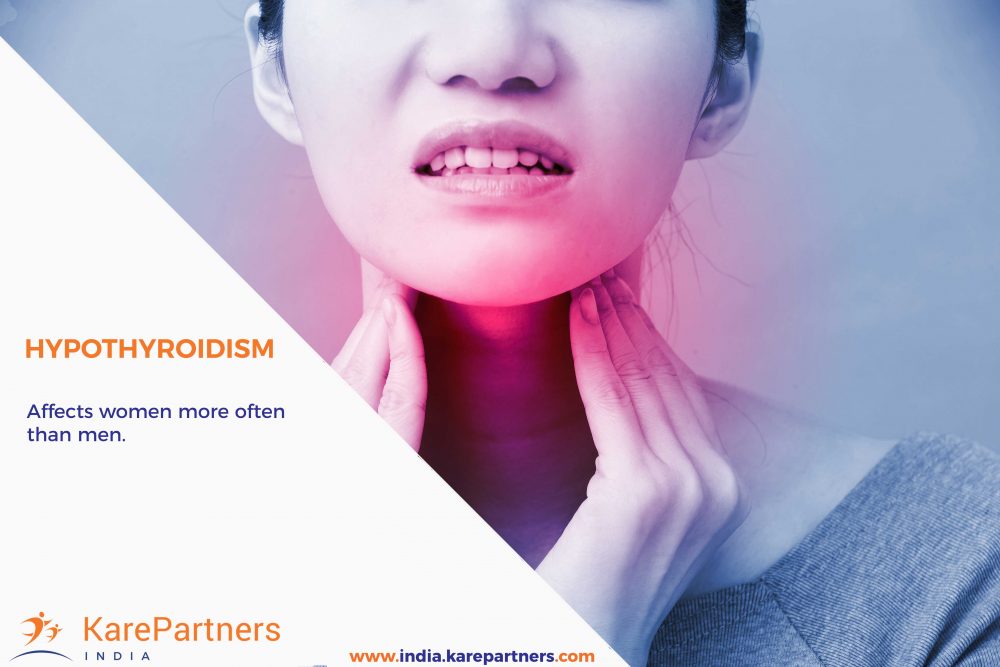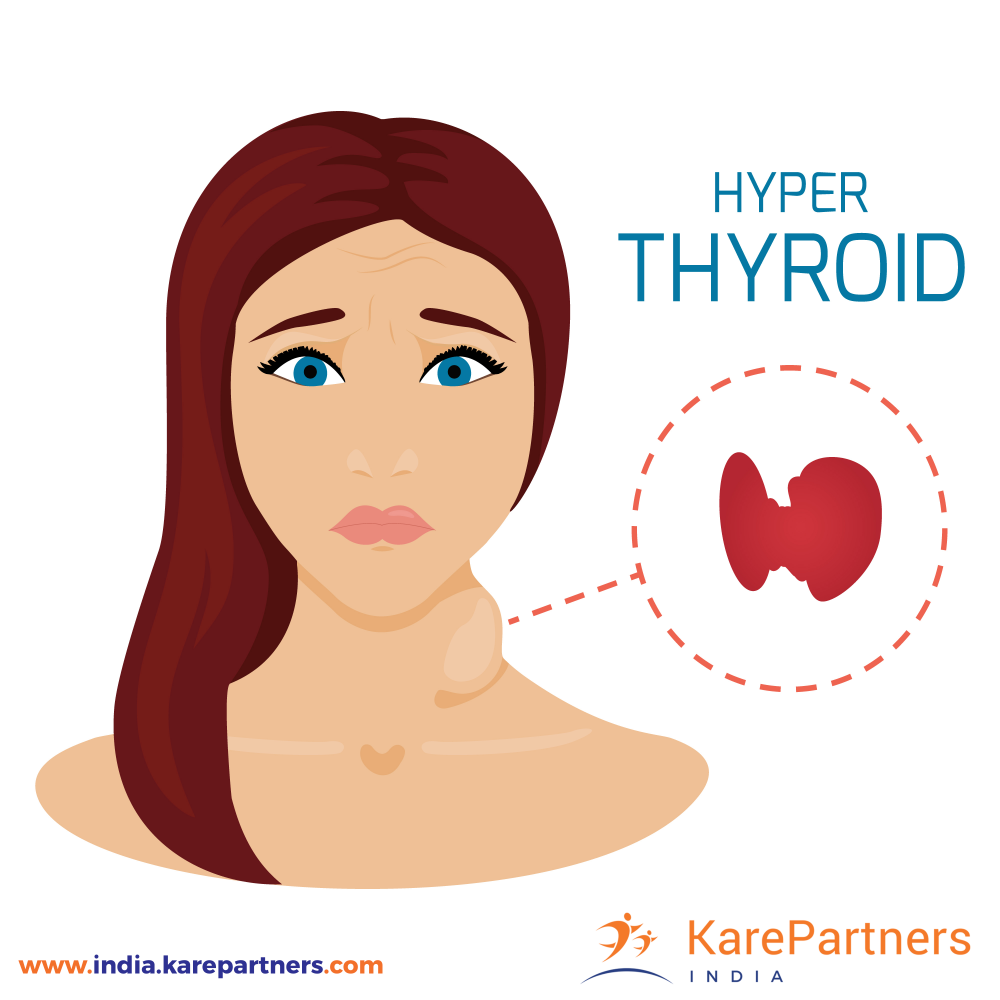“I had sudden weight gain and irregular periods started happening,” says Purnima Sitharaman, 32 a video game designer suffering polycystic ovary syndrome. For affected women, PCOS has profound social and personal implications resulting in the decreased sense of well-being.
PCOS is a hyperandrogenic disorder associated with hormonal imbalance encompassing a wide spectrum of symptoms like excess hair (hirsutism), hair loss, acne, weight gain, difficulty in conceiving, mood swings and irregularity of the menstrual cycle. PCOS is a common endocrine disorder affecting women both physically and psychologically and can lead to a poor quality of life as compared to the women in general. It affects 6–10 1 percent of women of the childbearing age. The symptoms can be mild or profound and yours may not be the same as any other woman suffering from PCOS.
If you have PCOS, there is often a malfunction of hormones that are responsible for ovulation every month, which is most likely to result in irregular periods and getting pregnant might be a tall order too. With no ovulation taking place there is no upsurge of progesterone to balance the estrogen.Thus causing fatigue, bloating, anxiety or omission of menses. So, PCOS is a metabolic disorder that sets off a series of hormonal imbalances including raised testosterone, lack of LH (Luteinizing hormone) and potential insulin resistance, all of which have a cumulative effect on your body’s ability to ovulate regularly. If not diagnosed in time PCOS can degenerate to infertility, metabolic syndrome, diabetes mellitus type 2 and possibly cardiovascular disease. PCOS is negatively affected by diet, the kind of lifestyle we subscribe and exposure to certain environmental toxins such as clomiphene and metformin. Causes of PCOS can be genes, possible abnormal fetal development and insulin resistance.
The 2003 Rotterdam consensus workshop deduced that PCOS is a new age syndrome of ovarian dysfunction along with the cardinal features of hyperandrogenism and polycystic ovary (PCO) morphology.
CLINICAL PRESENTATION (symptoms)- INFERTILITY
Polycystic ovary syndrome accounts for more than 75% of cases of anovulatory infertility.Most of this agony and anguish is under a veil and hidden from the public gaze. That is the reason this topic is shunned to be discussed with the public. It is important to remember that being detected with PCOS is not terrible news. It can easily be managed through the use of hormones that will trigger ovulation and will also be instrumental in getting you pregnant.
- Abnormal Uterine Bleeding and Endometrical Hyperplasia:
Abnormal uterine bleeding is common but a complicated clinical presentation. One international study found that menstrual disorders were the reason for 19.1 percent of 20.1 million visits to physicians for the problems pertaining to gynaecology over a span of 2 years.
- Hyperandrogenism:
In women suffering from Polycystic ovary syndrome, Hyperandrogenism is manifested by hirsutism (excessive body hair in men and women), acne and androgenic alopecia (male pattern hair loss/baldness) and it contributes to chronic anovulation ( when the ovaries do not release an oocyte during a menstrual cycle) and menstrual dysfunction.
- Obesity
- Insulin resistance and diabetes
- Possible predisposition to coronary heart disease
TESTS:
An ultrasound can demonstrate the presence of small follicles. Blood tests can reveal changes, with increased levels of testosterone and luteinizing hormone, LH (often related with higher LH to FSH ratio). The blood test also reveals the change in blood glucose and insulin levels.
TREATMENT OF PCOD:
Positive changes in the dietary habits can be an aid to women suffering from PCOS. Choosing whole grains, increasing lean protein and eating more vegetables can be helpful in stabilizing hormone levels. You should opt for virgin olive oil, flax oil, cod liver oil and fish oil.
If you have PCOS you may already be suffering from weight problems and infertility. The most imperative thing in such a situation is to achieve and maintain a healthy weight. Losing 10 percent of your total weight can be a step forward towards getting pregnant.
Progestin therapy helps in regulating the menstrual cycle and treating unusual seizing of the menstrual periods (amenorrhea), progesterone is given to maintain a pregnancy when not enough of it is made in the body. It also helps to prevent estrogen from thickening the lining of the uterus in women around menopause.
Women can go for the low dose of oral contraceptive pills (OCP) to regulate the menstrual cycle and provide contraception. Clomiphene is specifically a fertility drug that acts directly to induce ovulation by blocking negative feedback on the hypothalamic-pituitary axis and carries up to a 10% chance of multiparity; its onset of action is fast. In contrast, metformin is a drug that affects metabolism and acts indirectly to induce ovulation by decreasing the circulating concentration of insulin.
References:
- The Journal of Clinical Endocrinology & Metabolism
- Abnormal Uterine Bleeding JANET R. ALBERS, M.D., SHARON K. HULL, M.D., and ROBERT M. WESLEY, M.A. Southern Illinois University School of Medicine, Springfield, Illinois


